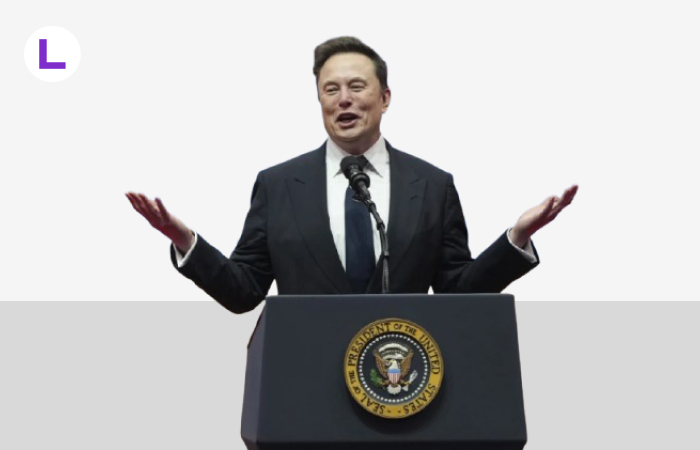New Delhi – The Indian stock market experienced a significant downturn on Monday, with the benchmark Sensex crashing 3,939.68 points (5.22%) in early trading, settling at 71,425.01. Simultaneously, the Nifty 50 index dropped 1,160.8 points (5.06%), trading at 21,743.65. The steep fall resulted in the erosion of investor wealth by Rs 20.16 lakh crore in just a few hours, marking one of the most severe single-day declines in recent times.
Global Market Sell-Off Amplifies Indian Market Crash
The sharp fall in Indian equity markets mirrored the broader decline across Asian markets. Hong Kong’s Hang Seng plummeted by nearly 11%, Japan’s Nikkei 225 dropped by 7%, while China’s Shanghai Composite and South Korea’s Kospi fell by over 6% and 5%, respectively.
This global market rout followed the significant losses from the previous week, where the Sensex had already lost more than 2,000 points, and the Nifty shed over 600 points, signaling rising market volatility.
Trump’s Tariff Announcement Triggers Panic in Global Markets
The primary catalyst for Monday’s crash was U.S. President Donald Trump’s announcement of broad tariffs on a wide range of imported goods, reigniting fears of a global trade war. In retaliation, China declared a 34% tariff on all U.S. The new import regulations will take effect on April 10. This tit-for-tat escalation between the two largest economies heightened concerns of prolonged economic disruption, with emerging markets like India feeling the brunt of the uncertainty.
Analysts Warn of Continued Market Volatility
Market experts are advising caution, highlighting the ongoing uncertainties surrounding trade policies, currency fluctuations, and inflationary pressures, which could continue to drag down market performance.
Sanjeev Prasad, an analyst at Kotak Institutional Equities, warned that the volatility triggered by reciprocal tariffs is expected to keep investors on edge. He emphasized that the Indian market’s direction would largely depend on how the U.S.-China trade dispute unfolds and how domestic retail and institutional investors react.
“Wait and Watch” Strategy Recommended Amid Uncertainty
VK Vijayakumar, Chief Investment Strategist at Geojit Financial Services, described the current market phase as one of “extreme uncertainty” due to geopolitical tensions. He advised a cautious “wait and watch” approach, as no one can predict how the market turbulence sparked by Trump’s tariffs will evolve. According to Vijayakumar, patience and caution are essential during this volatile period.
What’s Next for Indian Markets?
With global factors influencing market sentiment and foreign institutional investors (FIIs) pulling out capital, the Indian market remains vulnerable to further declines. As the earnings season, upcoming policy announcements, and central bank cues approach, analysts are closely watching for signs of stability.
For now, experts suggest that investors brace for continued volatility, stressing the importance of avoiding hasty decisions amidst the ongoing market uncertainty.


